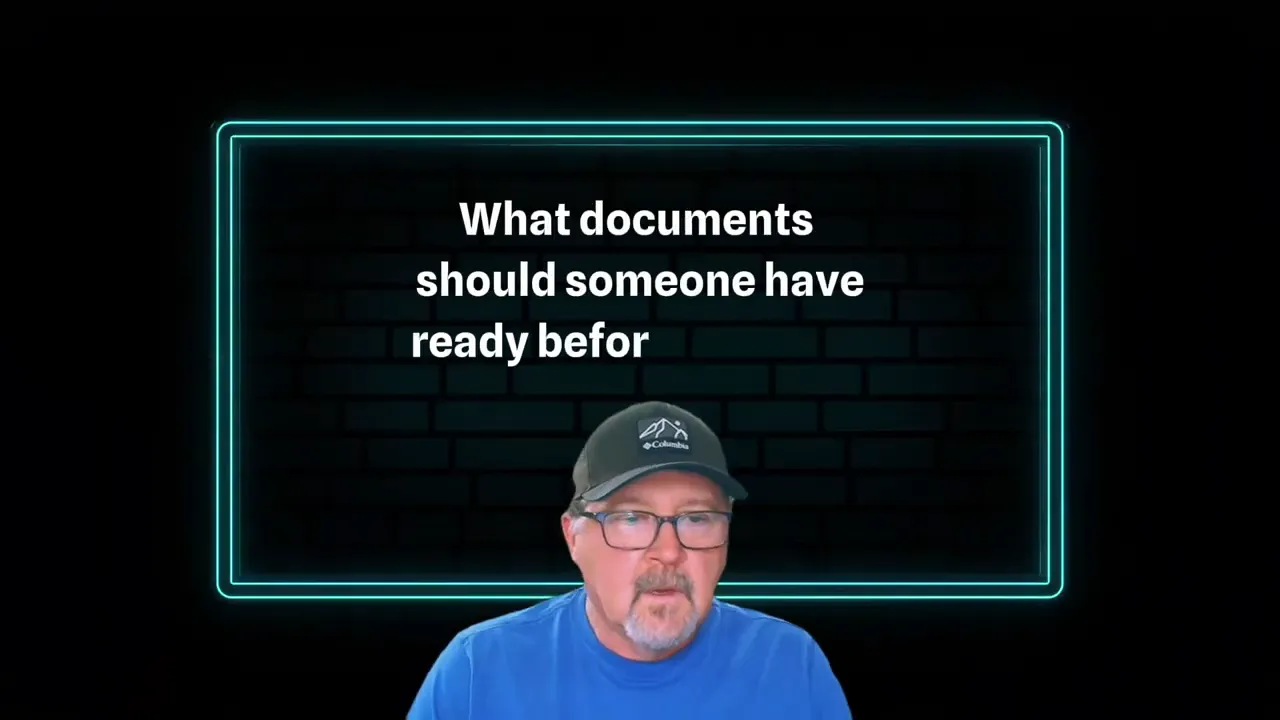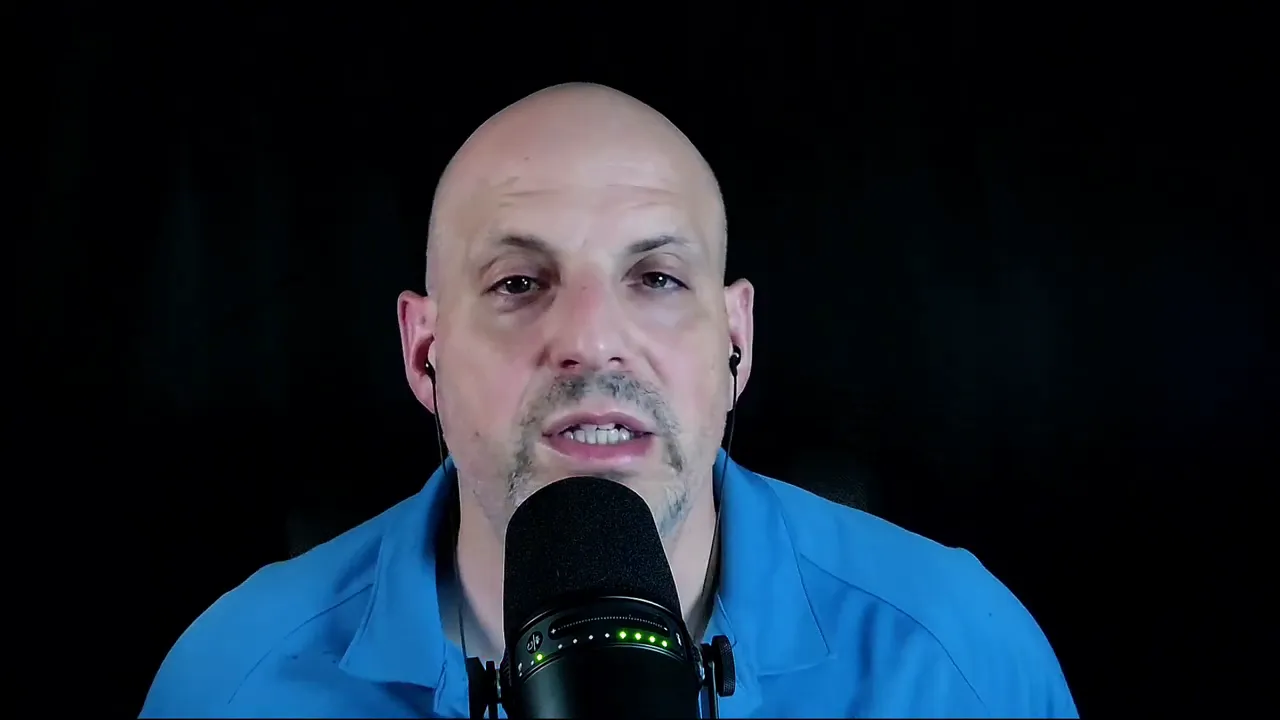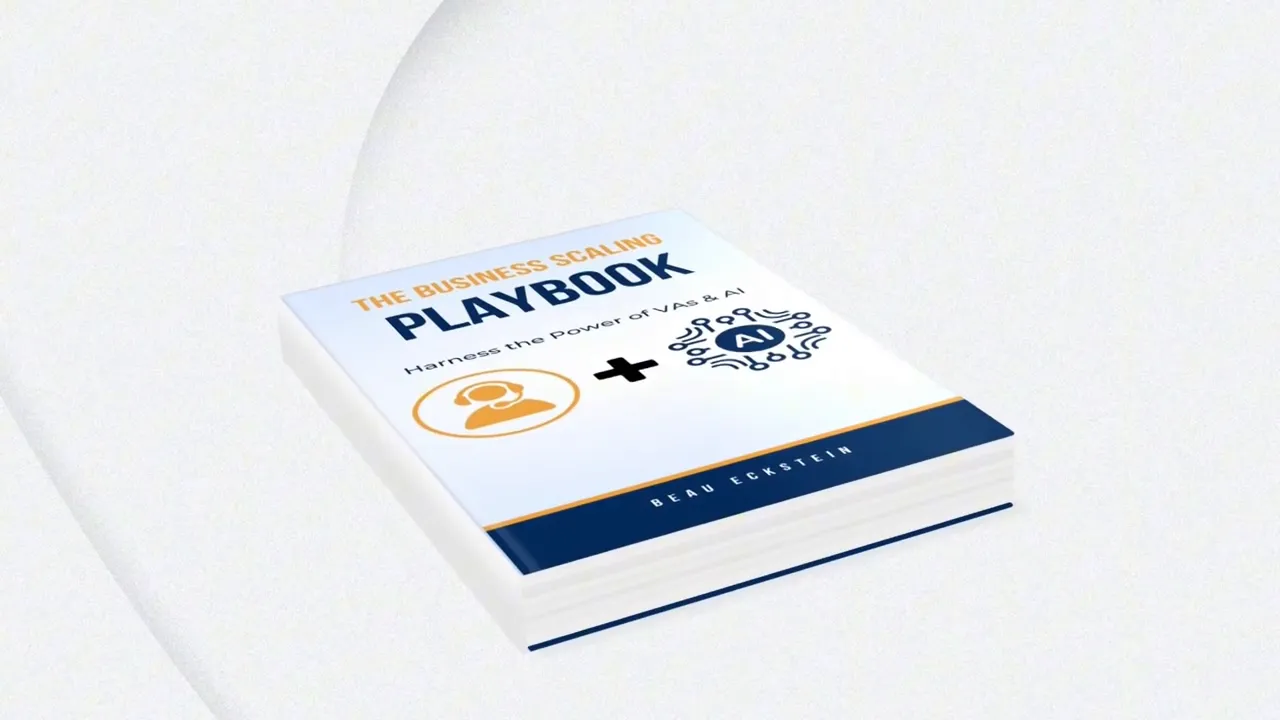Hello — I'm Beau Eckstein. As the Business Ownership Coach | Investor Financing Podcast host, I want to walk you through the fastest, most efficient way to get your SBA loan approved: start with a complete pre-qualification package. In this post I explain exactly what pre-qualification means in the SBA process, the documents you must have ready, differences between franchise startups and business acquisitions, how long pre-qualification typically takes, and practical tips to make your application move through underwriting faster. If you're serious about buying a business or funding a franchise, this guide will save you time and help you avoid unnecessary delays.

Photo by Recha Oktaviani on Unsplash
What “Pre-Qualification” Really Means for SBA Loans
When people ask for a pre-qualification, what they usually want is a quick yes or no: does this borrower and this deal look fundable on paper? For SBA lending — especially for business acquisitions — pre-qualification is useful, but it’s limited. The heavy lifting in SBA underwriting is the business itself. We underwrite based on tax returns and historical financials, so the critical question is: does the business have enough cash flow to support the loan?
A pre-qualification letter can be helpful for getting an offer accepted, but it’s important to understand it’s not underwriting. Pre-qualification is a paper-based assessment. Until the file goes through full underwriting, a pre-qual remains a conditional assessment — an indicator, not a guarantee. Still, when done correctly it speeds things up, reduces surprises, and gives you leverage when negotiating an acquisition or securing a franchise opportunity.
Essential Documents: What You Must Have Ready

Preparation matters. The single fastest way to get approval is to present a complete pre-qualification package the first time. Below is the core document checklist I ask clients to assemble before we even start an application:
- Three years of personal tax returns (all pages).
- Recent W-2s and the most recent pay stubs.
- Form 413 — the SBA personal financial statement (this is crucial).
- Copy of valid driver's license.
- Most recent statements for all liquid assets: bank statements, CDs, investment accounts (all pages).
- Resume showing transferable experience to the business you’re buying.
- If you own other businesses (20%+ interest), provide three years of financials and a debt schedule for those entities.
- For business acquisitions, provide seller financials: last three years’ tax returns, year-to-date profit & loss, and the balance sheet.
- For franchise or startup loans, include franchise disclosure documents, franchise agreements, and financial projections.
Every loan file has unique aspects, so we will have additional questions based on your situation. But get these core items ready and you’ll dramatically shorten the back-and-forth with lenders.
Photo by Giorgio Tomassetti on Unsplash
Franchise Startups vs Business Acquisitions: Different Paths, Different Needs
One of the biggest distinctions I make when advising clients is franchise startup versus buying an existing business. These two pathways require different evidence:
- Business acquisition: lenders will underwrite against historical performance. The seller’s past tax returns and the business’s cash flow are king.
- Franchise startup: loans are projection-based. Lenders need to see the franchise on the SBA-approved directory, strong unit-level economics, and well-supported projections. This makes the initial pre-qualification even more important for startups.
For startups, we also verify franchise system credibility (number of locations, track record), and ensure the projections are realistic and tied to known franchise performance. For acquisitions, we focus on verifying actual cash flow and whether that cash flow can comfortably service the loan payment. If the business already pays an owner salary, we can often include that in the debt coverage analysis.
How Lenders Evaluate Your Personal Finances and Debt Ratios

Lenders evaluate not only the business but also the borrower. Typical considerations include:
- Credit score and overall credit health (credit utilization matters — try to keep major cards below 30% utilization).
- Available liquidity versus required investment (do you have cash or liquid assets to cover the down payment and closing costs?).
- Personal debt-to-income context. Many lenders look for a comfortable debt ratio — think of it like keeping personal debt obligations around half of your monthly collections so you’re not overleveraged.
If you have strong outside income that covers personal obligations, you’re in a much better position. We can also include salary or owner compensation from the business you’re buying — where appropriate — into the overall qualifying picture. That flexibility helps bridge gaps for buyers buying established businesses that already include owner compensation in their P&L.
Typical Timeline: How Long Does Pre-Qualification Take?
Photo by Giorgio Tomassetti on Unsplash
How long does pre-qualification take? It depends.
Sometimes it’s a single call. If you have a straightforward deal — strong credit (example: 750 score), low credit utilization, sufficient liquidity, and the franchise or business checks out — a quick conversation and document review can produce a solid pre-qual in a day or two.
For more complex or higher-risk deals (construction, significant real estate improvements, startups without historical cash flow), pre-qualification takes longer because we need more documentation and deeper analysis. The first underwriting step I always perform on an acquisition is the cash flow analysis. If cash flow comfortably supports the loan, the rest of the process becomes much smoother.
Remember: pre-qualification reduces surprises but doesn’t replace underwriting. Expect additional document requests once the file is submitted to underwriting, especially around tax return substantiation and any red flags that appear on initial review.
Practical Example: A Quick Pre-Qual Scenario
Here’s an example I use with clients: you’re pursuing a $200,000 franchise startup. You have a 750 credit score, no cards over 30% utilization, and $200,000 in liquid assets. The franchise has 50 operating locations and is listed in the SBA directory. In this case, the pre-qualification is usually straightforward. We confirm liquidity, credit, and franchise validity and then issue a strong pre-qual opinion.
Contrast that with a risky acquisition that has volatile revenue or high concentration in a few customers — that requires deeper work. The rule of thumb: the stronger the historical cash flow and the clearer the documentation, the faster the pre-qualification and overall approval process.
How to Get Matched with the Right SBA Lender

If you want to get pre-qualified and matched with the right SBA lender, the process is simple: schedule a conversation. We’ll walk through the deal, identify the documentation needed, and map out the fastest path to an SBA application that stands up to underwriting. I recommend scheduling a call when you’re preparing to write an offer or ready to submit a franchise application.
Practical next steps:
- Gather the core documents listed earlier (three years of personal tax returns, Form 413, bank statements, seller financials if applicable).
- Prepare a concise executive summary of the deal: purchase price, working capital needs, real estate questions, and any planned improvements.
- Book a call with an experienced advisor who can pre-screen the deal and match you to lenders that specialize in your transaction type.
To get started, go to bookwithbeau.com and schedule a call. If you want to scale your operations with virtual assistants and AI, grab the free resource at bisscalingplaybook.com — it’s helped my team close more deals and stay highly productive.
Final Thoughts and Next Steps

Pre-qualification is not a magic bullet, but when done right it is the fastest route to a clean SBA loan approval. The biggest wins come from being organized: provide complete tax returns, accurate seller documents, a clear financial picture of your personal situation, and the right supporting materials for startups and franchises.
As a reminder, if you’re ready to move forward, schedule a call at bookwithbeau.com. And if you want to boost productivity while you scale, download the free bisscalingplaybook.com resource. I’m Beau Eckstein — the Business Ownership Coach | Investor Financing Podcast — and I’m here to help you buy the right business, get the funding you need, and grow with confidence.


